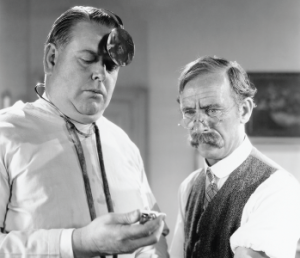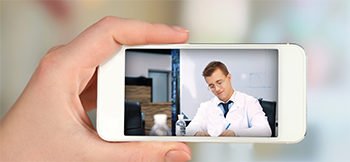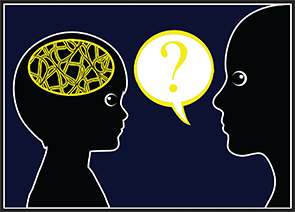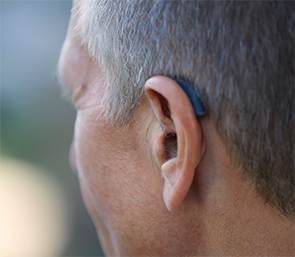Your online reputation should be as exceptional as your clinical skills.


Your online reputation should be as exceptional as your clinical skills.

In a world of texting, social media, and countless other means of communication, a look at the future of email

While otolaryngologic devices are not currently under threat of hacking, the potential exists

Patients can now have physician visits in their homes, hotels, and workplaces—all with just a few taps on a smartphone

Many physicians do not want their interactions with patients recorded without their permission

A new computer program may be able to predict which hearing-impaired children treated with cochlear implants will develop effective language skills two years after implantation

New apps give hearing disabled better control over listening environments without adjusting ear-mounted devices

It’s no surprise that head mirrors are second only to the stethoscope as one of the most recognizable symbols used in artists’ renderings and Hollywood depictions of a physician. Or that, in most cases, head mirrors are incorrectly shown situated squarely in the middle of the “doctor’s” forehead, much like a shiny, silver bull’s eye instead of flipped down over one eye.

Adoption of health information technology raises ethical concerns over its impact on clinical interaction

How the wearable technology could impact otolaryngologic surgery, procedures
